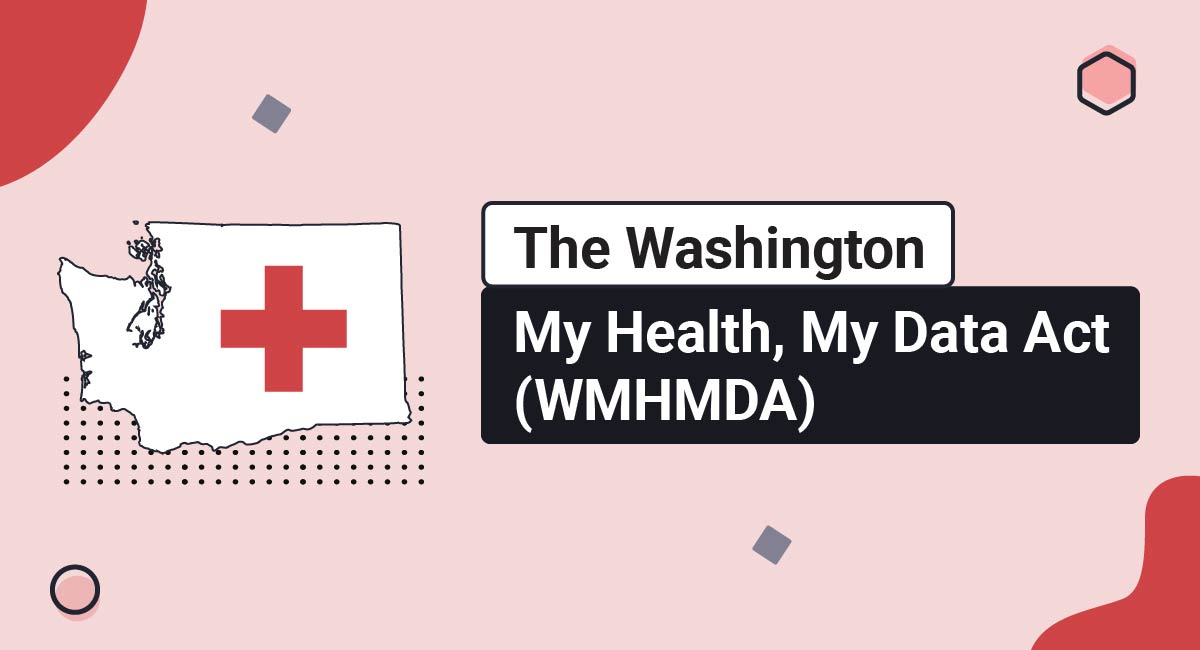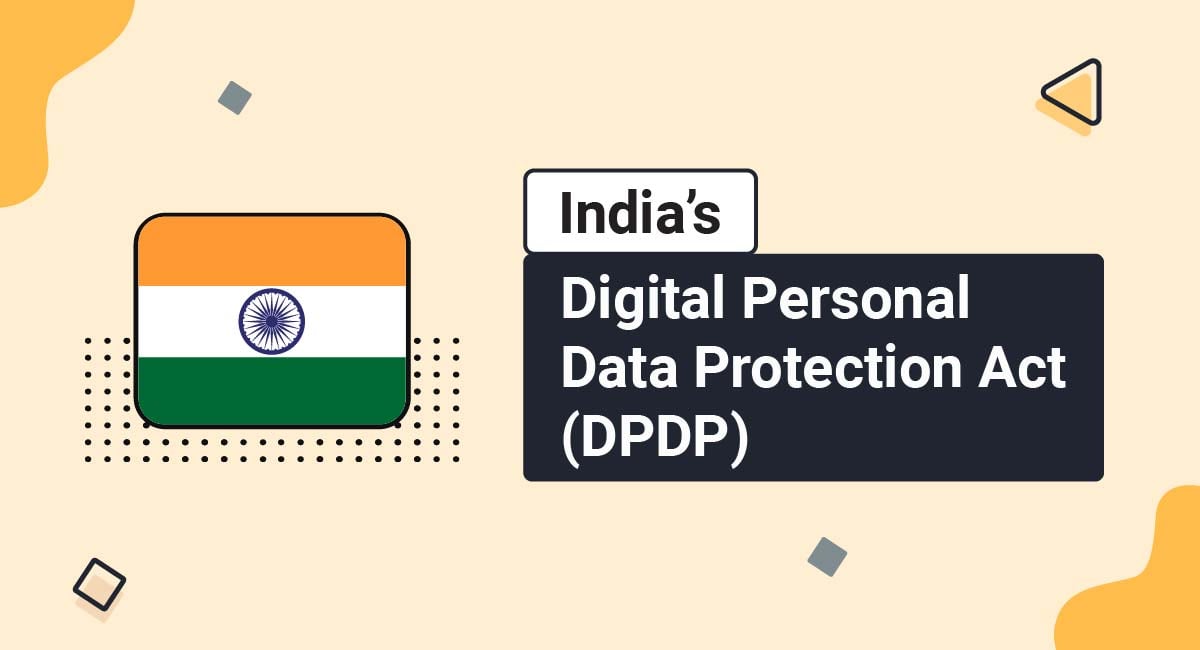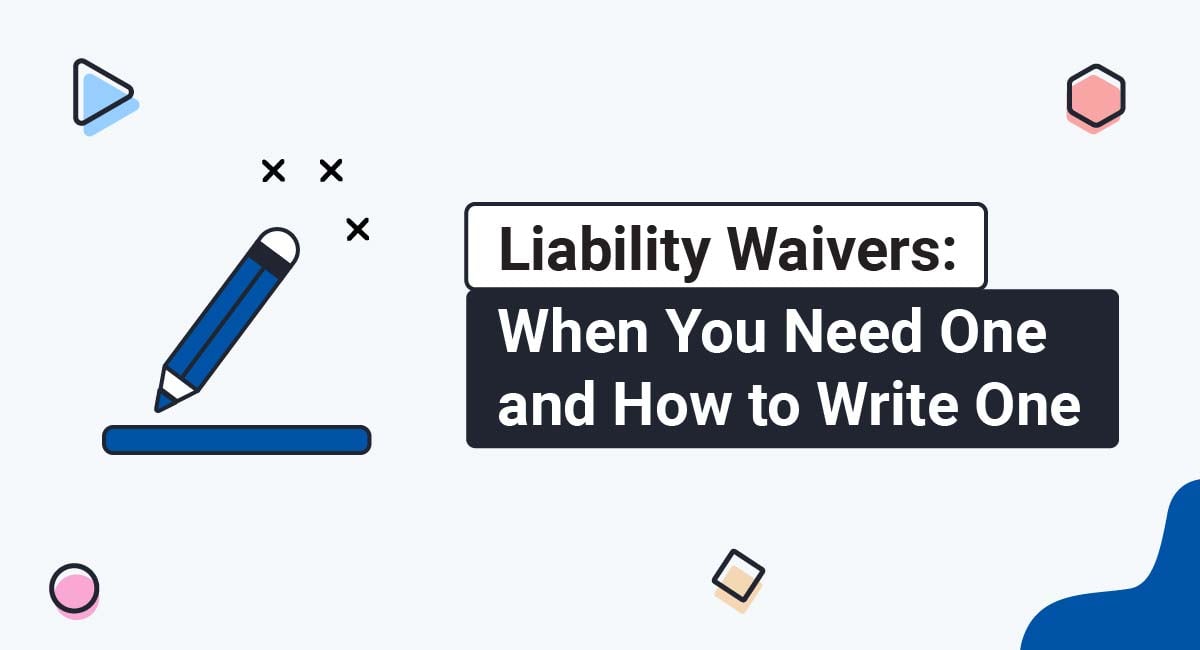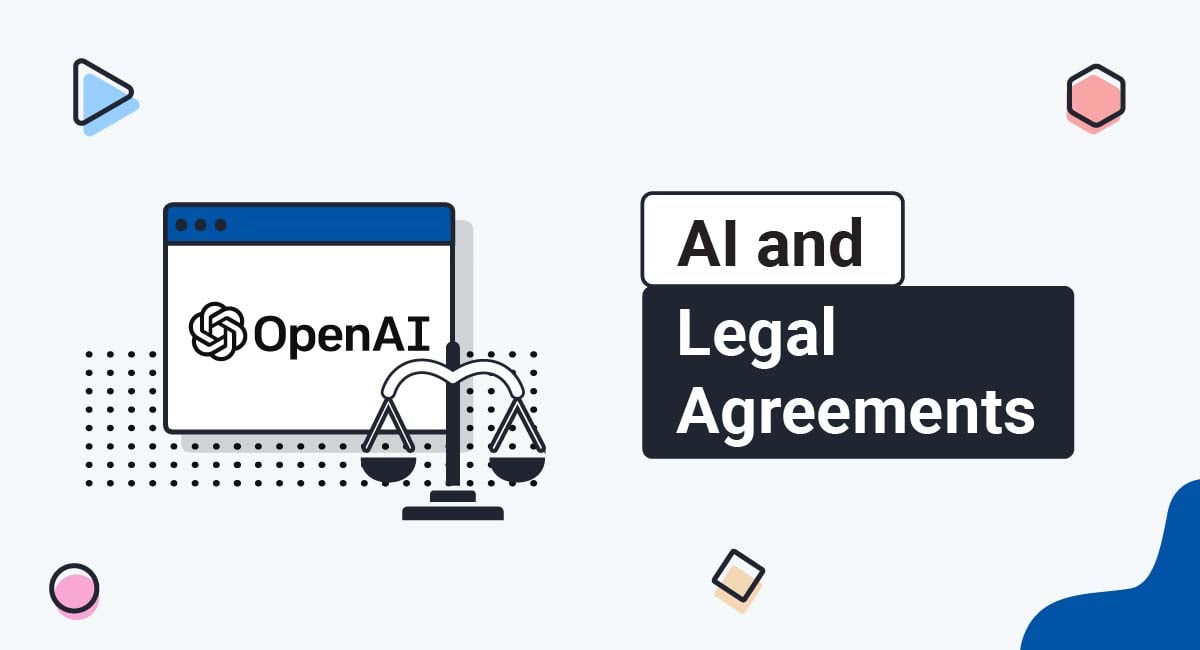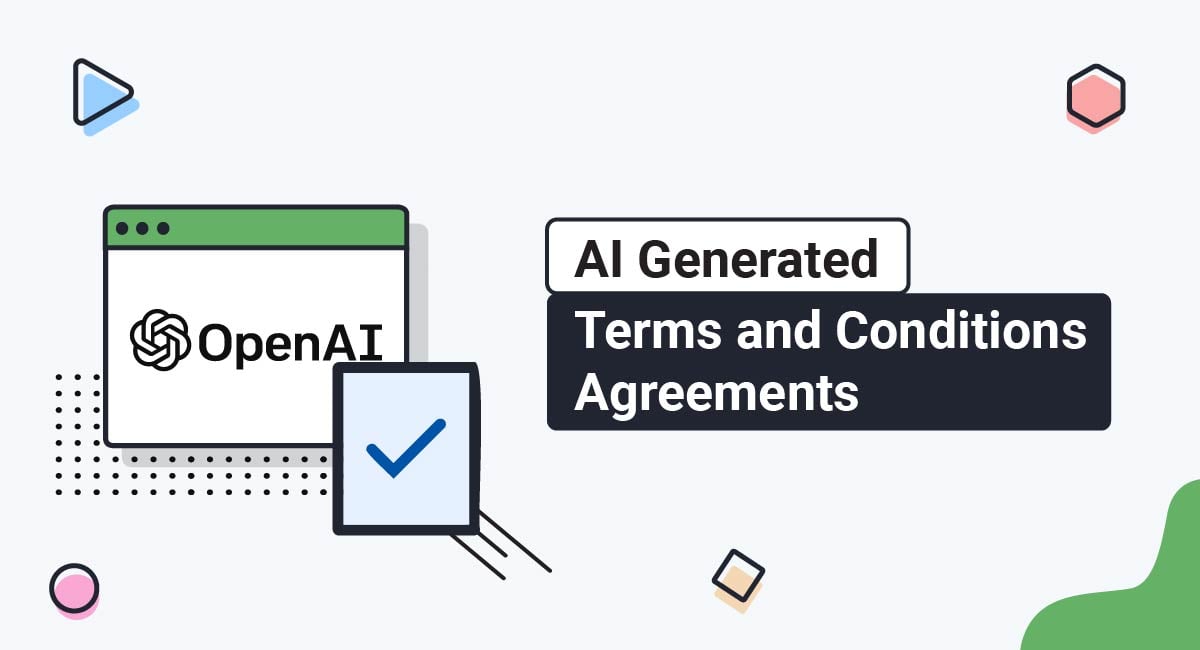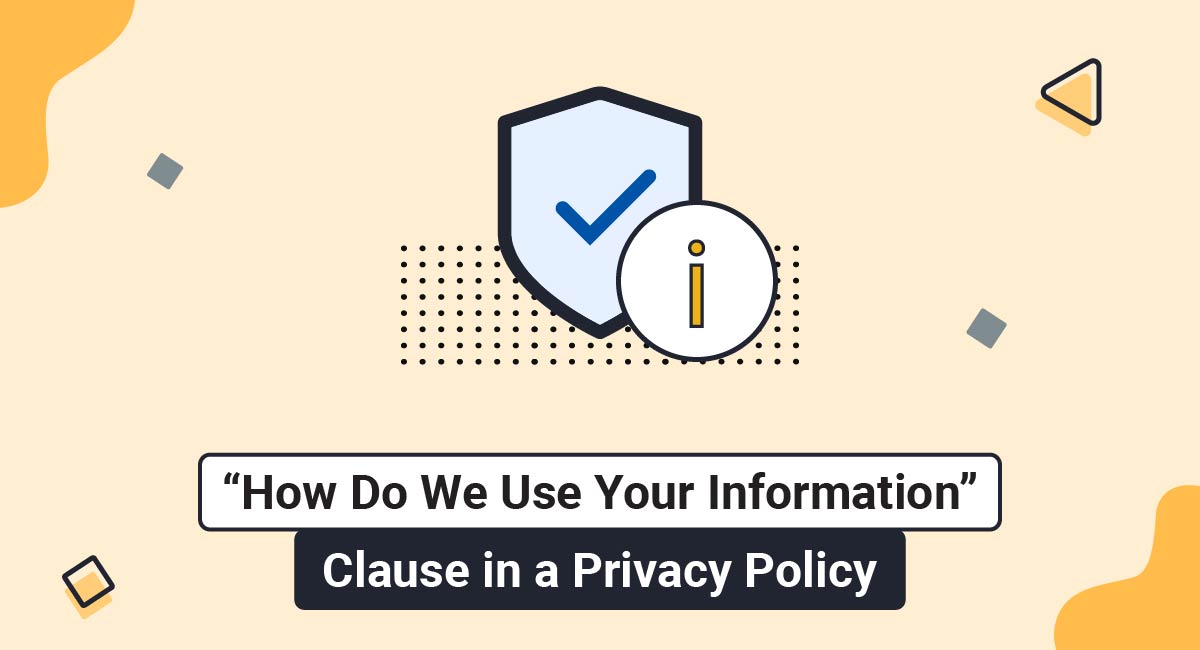Blog - Page 5
Legal articles in easy to understand language.
The Washington My Health, My Data Act (WMHMDA)
The Washington My Health, My Data Act (WMHMDA) (HB 1155) was signed into law by Governor Jay Inslee on April 27th, 2023. It was designed to fill gaps in the Health Insurance and Portability Accounting Act (HIPAA) and provides stronger protections for Washington consumers' health data. This article explains what the...
India's Digital Personal Data Protection Act (DPDP)
India's Digital Personal Data Protection Act (DPDP) was enacted on August 11th, 2023, making it India's primary law concerning the processing of personal digital data. It will take effect at a date yet to be determined or disclosed as of September 2023. This article explains what the DPDP Act is, who...
Liability Waivers: When You Need One and How to Write One
A liability waiver is a legal agreement that alerts potential customers about inherent dangers with your services and tells them you're not liable for mishaps. Though liability waivers are commonly used by businesses with a higher risk of injury or damages (e.g., fitness, healthcare, outdoor recreation, etc.), they can be used...
AI and Legal Agreements
Is it a good idea to use AI to create your legal agreements, such as Terms and Conditions agreements, Privacy Policies, EULAs, Cookies Policies, Return and Refund Policies, and Disclaimers? We believe it is not a good idea, and this article will explain why. We used a popular AI tool, ChatGPT,...
AI Generated Terms and Conditions Agreements
AI is everywhere these days. But should you use it to generate a Terms and Conditions agreement (T&C)? This article will explain the limits of AI by using it to create actual Terms and Conditions agreements and then comparing the results to professionally-created Terms agreements. What is AI and ChatGPT? Artificial Intelligence...
"How Do We Use Your Information" Clause in a Privacy Policy
Businesses, websites and mobile apps collect large amounts of information from users, from email addresses and names to shipping addresses and financial data. And it's important that your users understand what you use their personal information for. Including a clause about how you use personal information (personal data) you collect within...
